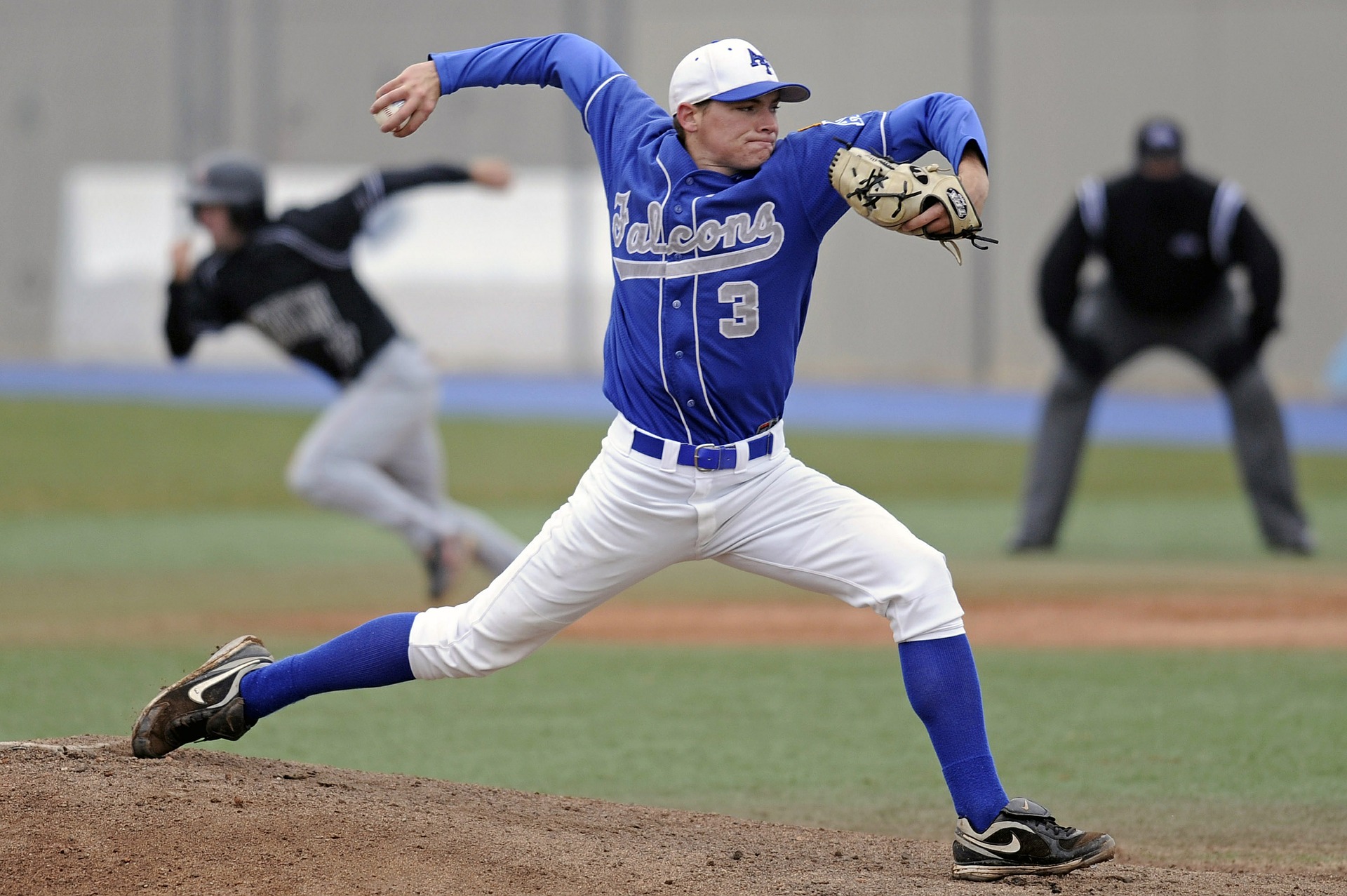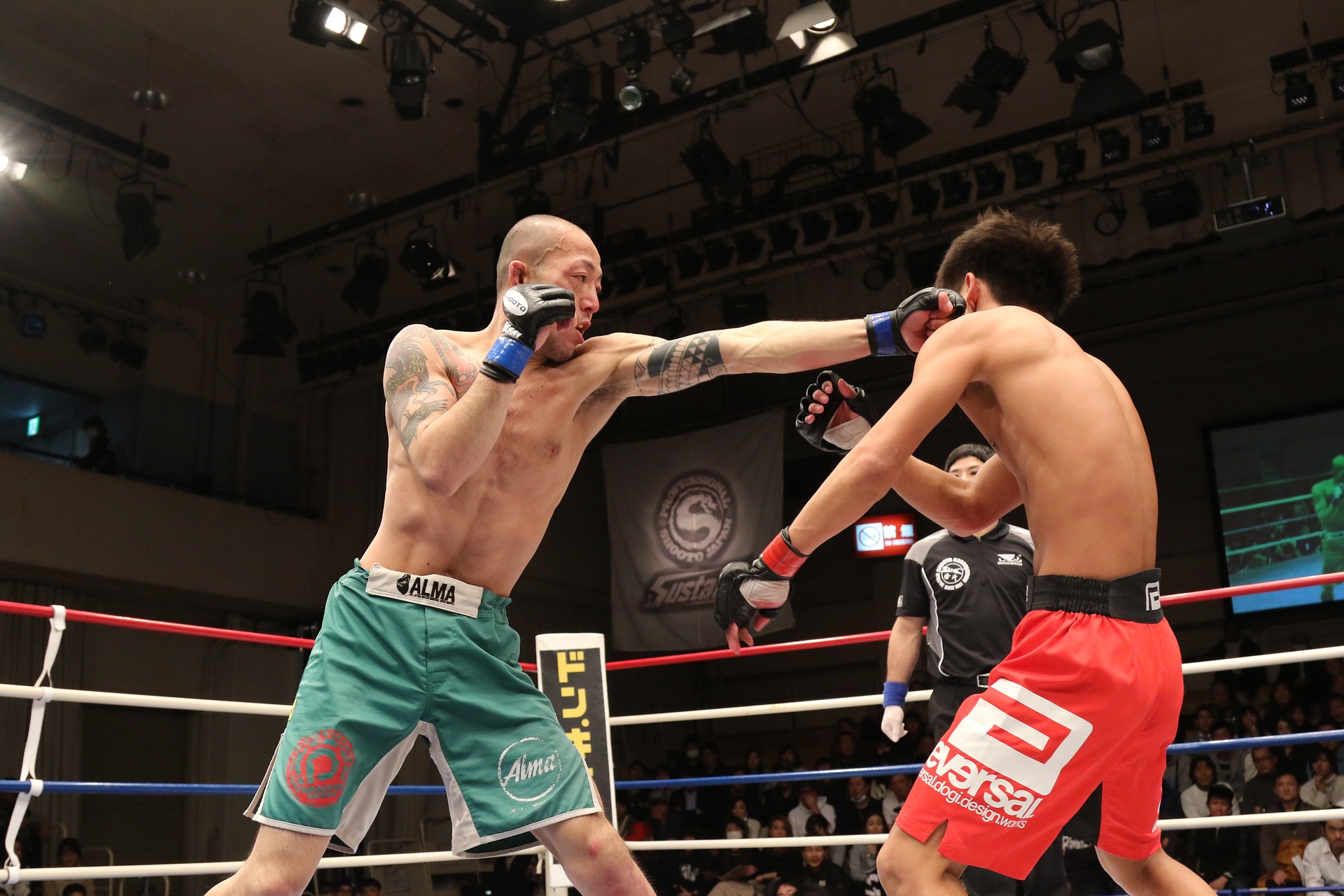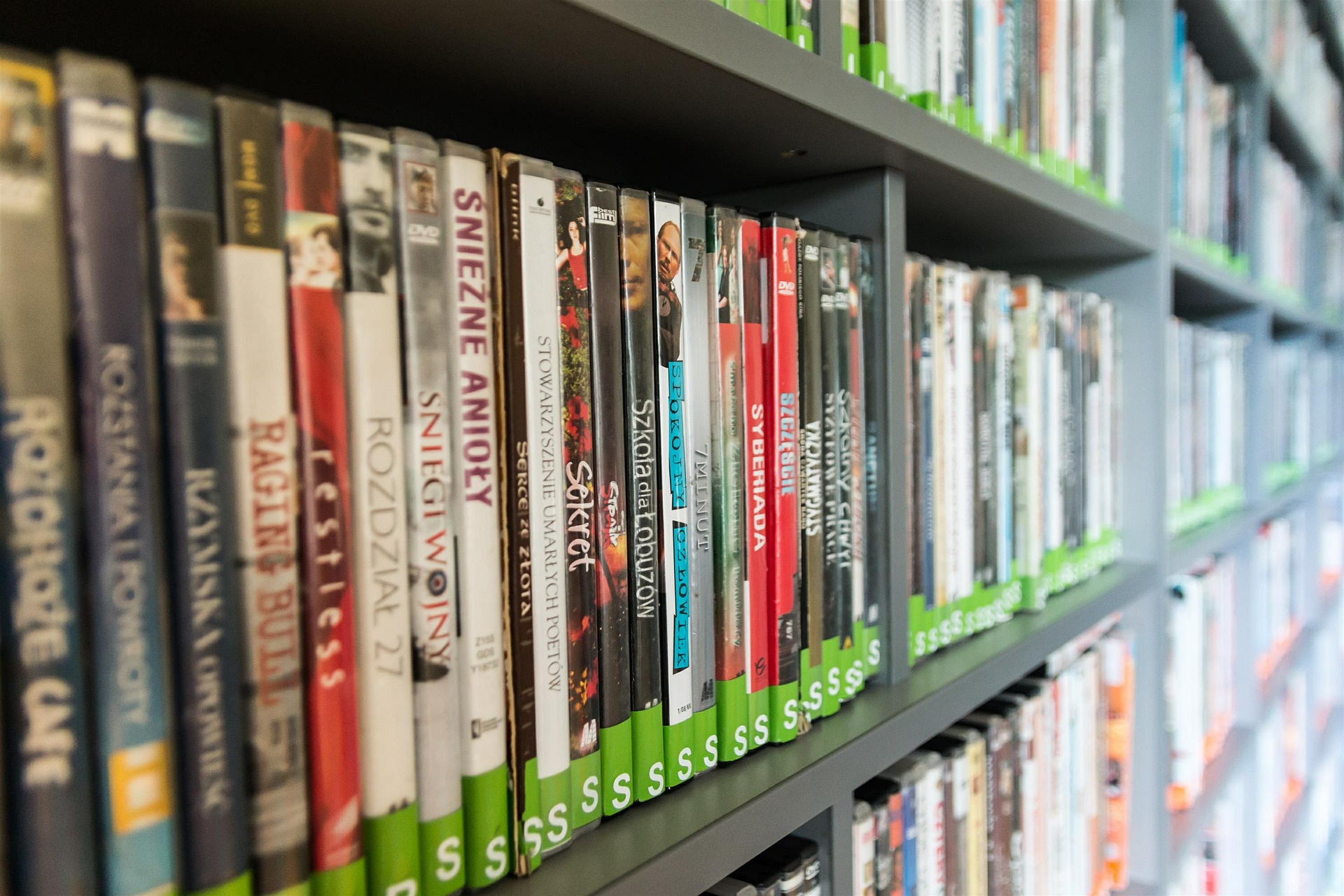By: Landon Morgan
In December 2013, the Sports & Entertainment Journal published James F. Reid’s student-written article, where he discussed a much needed change to the NCAA bylaws. James F. Reid, Call to the Bullpen: How the 2012 MLB Draft Shows Why the NCAA Must Make a Change to its Bylaws, 3 Ariz. St. Sports & Ent. L.J. 57 (2013). Reid advocated for an exception to the NCAA Bylaw 12.3, where he recommended that sports agents should be permitted to represent high school baseball draftees during their contract negotiations. Id. at 99. On January 15, 2016, the NCAA voted in favor of modification to its Bylaw 12.3 to permit drafted high school baseball players the ability to hire a sport’s agent for contract negotiations without losing their college eligibility. Now, the exception applies to the Power 5 conferences, and remaining conferences have the option to adopt this modified rule.
Regulation Prior to Adoption
The NCAA has valued amateurism, and created its bylaws to protect the amateur status of student-athletes. The NCAA’s intent to protect amatur athletes is demonstrated in its initial draft of Bylaw 12.3, which states, “[a]n individual shall be ineligible for participation in an intercollegiate sport if he or she ever has agreed (orally or in writing) to be represented by an agent for the purpose of marketing his or her athletics ability or reputation in that sport.” Prior to modification of Bylaw 12.3, there was a limited exception to the ‘no-agent policy,’ which provided student-athlete’s with the ability to secure legal advice that concerned a proposed sports contract. NCAA DI Manual § 12.3.2. However, the hired lawyer could not represent the student-athlete, be present for negotiations, or have any direct contact with a professional sports team on behalf of the student. NCAA DI Manual § 12.3.2.1. Any violation of the previous rules could result in the loss of eligibility for the student-athlete.
One of the most famous cases that concerned the ‘no agent rule’ was Oliver v. NCAA. Andrew Oliver, a pitcher from Vermilion, Ohio, had been selected in the seventeenth round of the 2006 draft by the Minnesota Twins, a major league baseball team (“The Twins”). Oliver v. NCAA, 2009-Ohio-6587, 920 N.E.2d 203, 207 (Com. Pl. 2009). The Twins representatives met with Oliver, his family, and Oliver’s attorney, Tim Baratta, to negotiate a contract. Id. at 206-07. Oliver rejected the Twins’ offer of $390,000, and decided to play at Oklahoma State University (“OSU”). Id. After an NCAA investigation, Oliver was suspended for hiring an attorney to represent him during the negotiations, in violation of NCAA Bylaw 12.3.2.1. Id. Oliver sued the NCAA, and received a temporary order that reinstated him. Id.
When OSU sought permanent reinstatement for Oliver’s student athlete eligibility in the NCAA, the NCAA still suspended Oliver’s student-athlete eligibility for one year. Id. Oliver’s case went to trial, and the court held that “no entity, other than that one designated by the state, can dictate to an attorney where, what, how, or when he should represent his client.” Id. at 215. However, the court vacated its judgment when Oliver and the NCAA settled for $750,000, in turn, the ‘no agent rule’ lived to fight another day. Brandon D. Morgan, Oliver v. NCAA: NCAA’s No Agent Rule Called Out But Remains Safe, 17 Sports Law. J. 303, 314 (2010). Although, the NCAA may suspend a student-athlete’s eligibility for violation of its Bylaw, the NCAA was selective in its enforcement of the ‘no agent rule.’ Reid, supra, at 97. In addition to the NCAA’s under-enforcement, some have argued that the rule against sports agents hurt student-athlete’s. Id. at 99. Given the culture of non-compliance and the harm done to the student-athlete, it became time for the NCAA to make a change.
Adoption of the Recommended Rule
In Reid’s article, he offered three recommendations for the NCAA to provide student-athletes with an exception to the ‘no agent rule.’ Id. First, Reid recommended that the NCAA should allow high school baseball players the ability to enter representation contract’s with a sports agent. Second, the NCAA should allow sports agents and attorneys to represent the student-athlete and be present for all contract negotiations. Third, if the student-athlete decides to become a college student rather than a professional athlete, the contract between the sports agent would terminate, when the student-athlete enrolls in college. Id. Now, the NCAA has adopted these recommendations in its Bylaws.
The NCAA’s modified rule provides that an agent or an attorney may represent an individual who is drafted by a professional baseball team during contract negotiations. NCAA DI Manual § 12.3.1.1. The student-athlete is not allowed to receive any benefits outside of the representation, and is required to pay the applicable rate. Id. Also, the student-athlete is required to terminate their representation agreement prior to collegiate enrollment. Id. The modified rule will allow high school draftees to better negotiate their contracts, when knowledgeable advocates can represent their interests. Most high school students and their parents lack the experience or knowledge to adequately represent themselves or their children in contract negotiations. This change provides these students with the opportunity to stand on equal ground with teams in the negotiation process, without sacrificing their college eligibility.
Future Changes Needed
First, the NCAA has taken steps to rectify the ‘no sports agent’ problem for high school draftees. However, student-athletes that are currently enrolled in college are still prohibited from hiring sports agents to represent their interests as a future professional athlete. Under the current system, the NCAA allows collegiate student-athletes to hire an advisor for counsel on a contract, but the advisor cannot be present during the negotiations. Id. By limiting the exception to high school baseball players, the NCAA has created an uneven playing field. Id. All baseball players that have been drafted should be permitted the same level of counsel and representation as they weigh their options. Id.
To be sure, the NCAA may want to avoid extending the exception to current collegiate athletes, because it may feel the rule would have to apply to all sports. However, the exception could be limited to baseball due to the differences in the draft timing and eligibility rules of Major League Baseball. Reid, supra, at 114. For example, when a football player declares he will be entering the NFL draft, his eligibility is exhausted. Id. at 115. Baseball players can retain eligibility after being drafted, and therefore, should be allowed the same representation athletes in other sports are entitled to during contract negotiations.
Conclusion
The new NCAA rules allowing drafted high school baseball players to retain agents prior to entering college will help young athletes better negotiate their future. Allowing an agent to be present during negotiations will significantly increase the athlete’s bargaining power. Also, the modified rule will assist in prevention of the NCAA’s selective enforcement. However, the NCAA still needs to provide an avenue for current collegiate athletes to receive the benefit of legal representation alike high school draftees.
Landon Morgan is a 2L at the Sandra Day O’Connor College of Law at Arizona State University. He is an associate editor for the Sports & Entertainment Law Journal.





